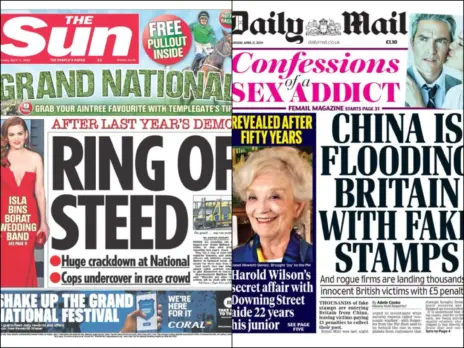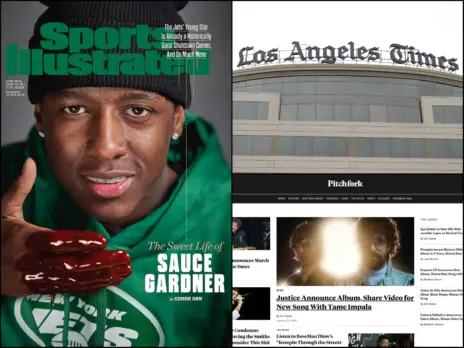
The attorney general has been given permission to launch contempt of court proceedings against The Times and the foreman of a jury who revealed ‘secrets of the jury room’.
Mike Seckerson was one of two jurors who spoke out to condemn the conviction of Keran Henderson, a childminder, for the manslaughter of 11-month-old Maeve Sheppard while in her care.
Their comments were published by The Times in an article in December 2007 headlined: “Jurors break silence to insist childminder did not kill baby”.
In the article, the jurors, who were not named, expressed the belief that Henderson, a childminder and mother, was wrongly convicted of killing the child by shaking her so violently that she was left blind and brain damaged.
Philip Havers QC, appearing for the attorney general, applied yesterday to the high court in London for permission to bring contempt proceedings against both Times Newspapers and Seckerson.
Havers told Lord Justice Maurice Kay and Mr Justice Simon that the article “breaches the absolute rule against disclosing the essential secrets of the jury room”.
He complained that it revealed the voting intentions of jury members and disclosed their reasoning in arriving at their conclusions.
The judges gave the attorney general permission to take legal action for breaches of the 1981 Contempt of Court Act.
Lord Justice Maurice Kay said: “We don’t think this is the very gravest case of jury indiscretion – nevertheless we grant permission.”
Section eight of the Contempt of Court Act 1981 makes it a contempt of court to “obtain, disclose or solicit any particulars of statements made, opinions expressed, arguments advanced or votes cast by members of a jury in the course of their deliberations in any legal proceedings”.
Proceedings may only be brought “by or with the consent of the attorney general or on the motion of a court having jurisdiction to deal with it”.
The stories which sparked the attorney general’s application for permission to bring proceedings were written by Frances Gibb, the newspaper’s award-winning legal editor, and appeared on the front page and on pages six and seven inside on 19 December 2007.
Media law specialist Mark Stephens, a partner with law firm Finers Stephens Innocent, said the case was unusual because it had now been recognised by the courts that jurors had the right to express disquiet about verdicts in criminal trials.
This had happened in the case of James Bulger and in the Carl Bridgewater case, he said, in which The Times had interviewed jurors, and in a case involving Channel 4, which interviewed jurors in a programme concerning miscarriages of justice.
“It used to be that you were not allowed to make any comment on what happened in the jury room,” he said.
“But following major miscarriages of justice the judiciary recognised that being a juror involved matters of strong conscience. They could offer their own view or comment on the handling of certain aspects of a case.”
But in the current case, he said, the allegation appeared to be that the newspaper had disclosed the voting intentions and reasoning of other jury members.
The only recorded case in which a publication has been fined for disclosing information relating to a jury under section eight of the Contempt of Court Act was in 1992, when the Mail on Sunday, its editor and a journalist were fined a total of £60,000 after publishing a story based on interviews with several jurors in the Blue Arrow fraud case about how they reached their verdicts.
The newspaper had not interviewed the jurors themselves – but obtained transcripts of the interviews from the independent American researchers who conducted them.
Email pged@pressgazette.co.uk to point out mistakes, provide story tips or send in a letter for publication on our "Letters Page" blog







